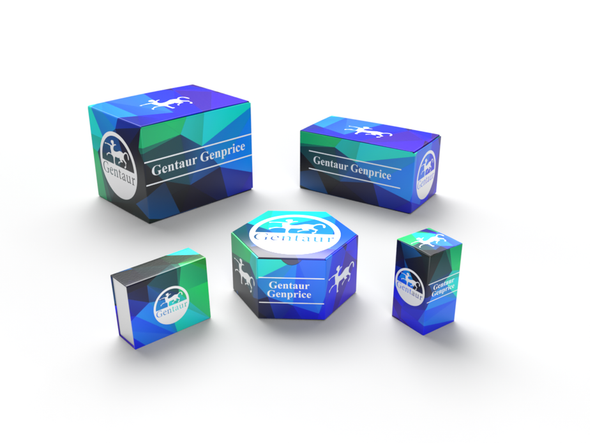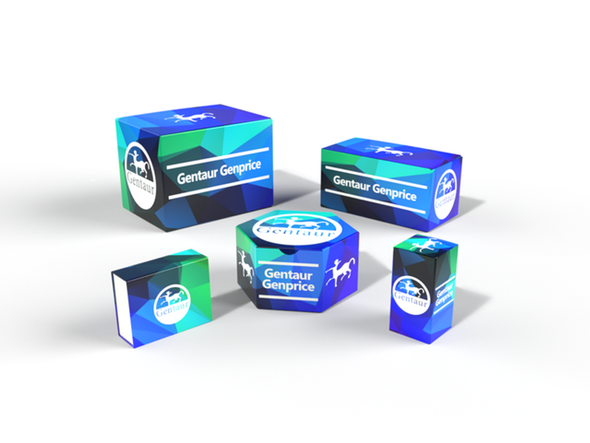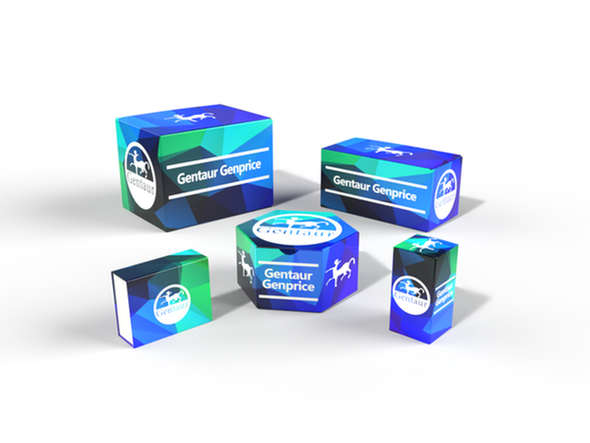749
Apaf-1-ALT Polyclonal Antibody | ABP50673
- SKU:
- 749-ABP50673
- Availability:
- Usually ships in 5 working days
Description
Apaf-1-ALT Polyclonal Antibody | ABP50673 | Gentaur UK, US & Europe Distribution
Immunogen: Synthesized peptide derived from the C-terminal region of human Apaf-1-ALT at AA range: 260-340
Product Category: Protein
Application: Protein General Reagents
Product Type: Primary Antibody
Host: Rabbit
Reactivity: Human
Application: WB, IHC-P, IF, ELISA
Application Note: Optimal working dilutions should be determined experimentally by the investigator. Suggested starting dilutions are as follows: WB (1:500-1:2000), IHC-P (1:100-1:300), IF (1:200-1:1000), ELISA (1:10000) . Not yet tested in other applications.
Clonality: Polyclonal
Isotype: Rabbit IgG
Formulation: Liquid solution
Kit Component: N/A
Concentration: 1 mg/ml
Storage Buffer: PBS containing 50% Glycerol, 0.5% BSA and 0.02% Sodium Azide.
Storage Instructions: Stable for one year at -20°C from date of shipment. For maximum recovery of product, centrifuge the original vial after thawing and prior to removing the cap. Aliquot to avoid repeated freezing and thawing.
Shipping Condition: Gel pack with blue ice.
Background: APAF1 encodes a cytoplasmic protein that initiates apoptosis. This protein (apoptotic peptidase activating factor 1) contains several copies of the WD-40 domain, a caspase recruitment domain (CARD), and an ATPase domain (NB-ARC) . Upon binding cytochrome c and dATP, this protein forms an oligomeric apoptosome. The apoptosome binds and cleaves caspase 9 preproprotein, releasing its mature, activated form. Activated caspase 9 stimulates the subsequent caspase cascade that commits the cell to apoptosis. Alternative splicing results in several transcript variants encoding different isoforms.
Alternative Names: APAF1-interacting protein; APIP; APIP2; CGI-29 protein; MMRP19; dJ179L10.2; likely ortholog of mouse monocyte macrophage 19
Precaution: The product listed herein is for research use only and is not intended for use in human or clinical diagnosis. Suggested applications of our products are not recommendations to use our products in violation of any patent or as a license. We cannot be responsible for patent infringements or other violations that may occur with the use of this product.






